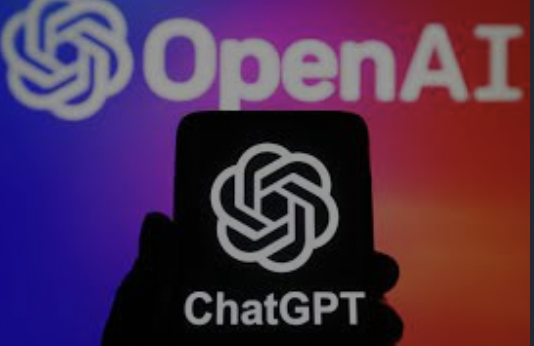
Tech Giants Respond to ChatGPT Privacy Concerns: Apple and JPMorgan Implement Restrictions
In recent news, concerns over the potential privacy risks associated with OpenAI’s ChatGPT have prompted companies like Apple and JPMorgan Chase to take action. Apple, known for its strict privacy policies, has restricted its employees from using AI tools like ChatGPT and GitHub’s Copilot, fearing that confidential information entered into these systems might be leaked or collected. The decision follows similar moves by other companies, including JP Morgan, Verizon, and Amazon.
OpenAI’s ChatGPT, a powerful AI chatbot, has gained popularity for its ability to assist users in various tasks, such as code improvement and brainstorming ideas. However, Apple and other companies are understandably cautious about the potential risks that come with such AI tools. By default, OpenAI retains all user interactions with ChatGPT to train its systems, and these conversations can be reviewed by moderators. Although OpenAI introduced a chat history disable the feature, conversations are still stored for 30 days, raising concerns about data security and privacy.
Apple’s concerns are heightened by the nature of its business, which often involves handling confidential projects and sensitive information.
The worry is that employees might inadvertently enter confidential data into ChatGPT, which could then be accessed by OpenAI’s moderators. While there is no evidence that ChatGPT itself is vulnerable to data breaches, the possibility of extracting training data from certain language models using the chat interface exists.
Notably, Microsoft has taken a different approach by leveraging the technology behind ChatGPT to enhance its Bing search engine.
In an interview with WSJ’s Joanna Stern, Microsoft CEO Satya Nadella discussed the integration of ChatGPT and how AI is poised to revolutionize the search experience. This move by Microsoft demonstrates the potential for AI-powered tools to positively impact various industries and indicates a different perspective on the balance between functionality and privacy concerns.
Meanwhile, JPMorgan Chase has also restricted its employees from using ChatGPT.
Although the exact reasons behind the restriction remain undisclosed, the decision is believed to be a precautionary measure rather than a response to any specific incident. The extent of ChatGPT usage within the bank and the specific functions for which it was utilized are unknown at this time.
The Internet Patrol is completely free, and reader-supported. Your tips via CashApp, Venmo, or Paypal are appreciated! Receipts will come from ISIPP.
As the adoption of AI continues to expand, companies are grappling with the need to strike a balance between harnessing the power of these technologies and safeguarding sensitive information. The concerns raised by Apple and JPMorgan Chase highlight the ongoing conversation surrounding privacy and data protection in the AI era. It is crucial for businesses to evaluate and implement appropriate measures to mitigate potential risks while maximizing the benefits offered by AI tools like ChatGPT.
In conclusion, the privacy concerns surrounding OpenAI’s ChatGPT have prompted companies like Apple and JPMorgan Chase to implement restrictions on its usage. As technology continues to evolve, it is imperative for organizations to navigate the delicate balance between innovation and safeguarding confidential data, ensuring that privacy remains a top priority in the AI-driven landscape.
The Internet Patrol is completely free, and reader-supported. Your tips via CashApp, Venmo, or Paypal are appreciated! Receipts will come from ISIPP.









